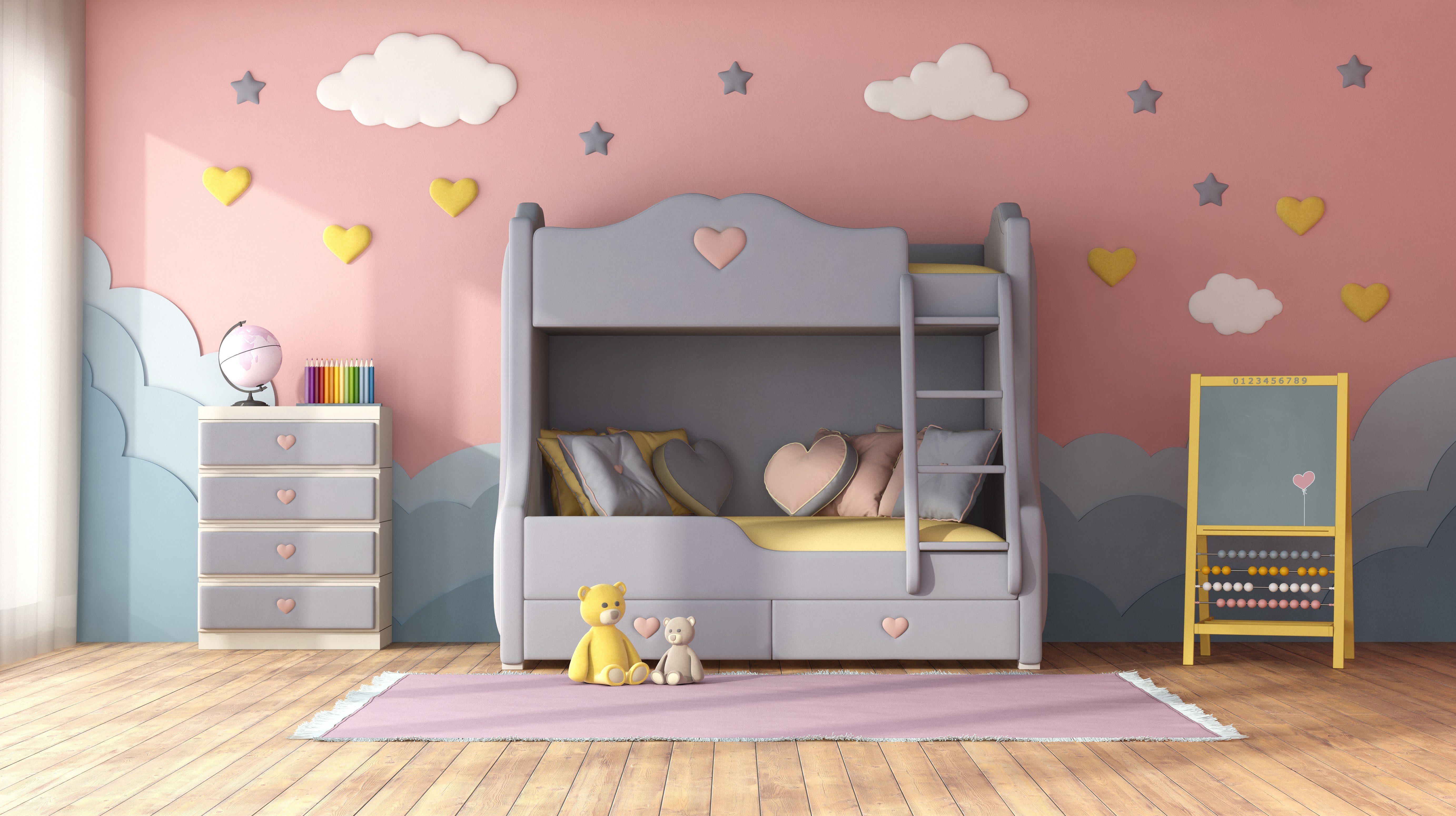Bunks: The Versatile Space-Saving Solution for Modern Living
In today's hectic world, where metropolitan living spaces are shrinking and the need for flexibility and usefulness is increasing, bunks have become a popular service. Bunks are not merely a kind of bed; they represent an advanced technique to optimizing space, promoting social interaction, and supplying comfy sleeping arrangements. This short article will check out the numerous kinds of bunks available, their benefits, and how they can change both little and large home.

Comprehending Bunks: What Are They?
Bunks, typically referred to as bunk beds, are 2 or more beds stacked on top of each other. They are created to conserve flooring space, making them ideal for kids's rooms, hostels, and even adult living situations. Bunk beds are readily available in various designs and setups, from standard models to modern-day, designer interpretations.
Kinds of Bunks
| Type of Bunk | Description |
|---|---|
| Twin-over-Twin | Two twin beds stacked on top of each other. Perfect for kids sharing a space. |
| Twin-over-Full | A twin bed on top and a larger full bed on the bottom. Great for accommodating visitors. |
| Full-over-Full | Two full-sized beds stacked together. Perfect for older kids or adults. |
| L-Shaped Bunk Bed | Beds are set up in an L shape, permitting a corner positioning and added space beneath. |
| Loft Beds | Only the leading bunk exists, leaving space for a desk, couch, or storage beneath. |
| Triple Bunk Beds | Three beds stacked vertically, exceptional for taking full advantage of vertical space. |
Benefits of Using Bunks
Space Efficiency: Bunks are designed to utilize vertical space, making them perfect for small bed rooms or homes where flooring space is limited.
Cost-Effective: Investing in a bunk bed can be more cost-effective than purchasing numerous different beds, especially for growing families or those with frequent guests.
Versatile Designs: Many bunks featured add-ons, such as desks, storage drawers, or futons, allowing for versatile usage of the area.
Social Interaction: Bunk beds invite sociability amongst siblings and friends, promoting a sense of connection.
Imaginative Use of Space: Bunk beds encourage creativity in space style, permitting spirited themes and colorful decoration that can make a bed room feel unique and inviting.
Practical Considerations
Height Limitations: When selecting a bunk bed, it is vital to consider the height of the ceiling in the room. Step the space to guarantee there is adequate clearance above the top bunk for safety and convenience.
Weight Restrictions: Each bunk has a particular weight limitation. Moms and dads ought to examine the weight of those utilizing it, particularly in the case of adults or heavier teenagers sharing the bed.
Security Features: Features such as guardrails, durable ladders, and security accreditations are important for guaranteeing the bunk bed's safety, particularly for younger users.
Bunks for Various Living Situations
Family Homes
In household homes, bunks provide a practical option for siblings sharing a space or accommodating slumber parties. Bunk beds can be stylishly incorporated into a kid's space while providing ample room for play.
Hostels and Vacation Rentals
For hostels and vacation leasings, bunk beds optimize sleeping plans without jeopardizing convenience. Such setups provide a cost-efficient method to accommodate a larger variety of guests.
College Dormitories
In college dorms, bunks assist maximize the minimal square video readily available, permitting for more room to mingle and study.
Little Apartments
In little metropolitan apartments, lofted bunk beds create additional space for living areas, work spaces, or storage, making life more workable in compact environments.
Maintenance and Care of Bunks
Maintaining a bunk bed is essential for guaranteeing its durability. Here are a couple of ideas:
Regular Inspections: Check for any loose screws or bolts and tighten them as essential.
Tidiness: Dust and tidy the bunks frequently to avoid allergens and guarantee a clean sleeping environment.
Bed mattress Care: Use a quality mattress protector to preserve hygiene and extend the life of the mattress.
Age Appropriateness: Upgrade to a larger, more strong bunk as children grow or when the current arrangement no longer satisfies the needs of its occupants.
Frequently Asked Questions (FAQs)
1. Are bunk beds safe for kids?
Yes, bunk beds can be safe for children if they are constructed with security features like guardrails and a steady ladder. Constantly monitor younger kids when they are using bunk beds.
2. What age is proper for a kid to sleep on the leading bunk?
Most makers recommend that children under the age of 6 need to not sleep on the upper bunk due to safety concerns.
3. How much weight can bunk beds usually hold?
Weight capacities differ based on the design and products but usually vary from 200 to 400 pounds. Always examine the producer's guidelines.
4. Can bunk beds be separated into 2 single beds?
Many bunk beds are designed to be convertible, permitting them to be separated into 2 specific beds. It's vital to inspect the item specifications before buying.
5. What type of mattress is best for a bunk bed?
A medium-firm mattress is frequently advised as it supplies sufficient support without being too heavy or soft, which can posture safety issues.
Bunks are more than simply beds. They are ingenious space-saving services that accommodate the requirements of modern-day living. With different designs offered, they supply convenience and performance for families, visitors, and people alike. By focusing on security and upkeep, owners can ensure that their bunk beds end up being a valued part of their living spaces for lots of years to come. Whether for spirited children or accommodating guests, bunk beds use an elegant and practical solution to the difficulty of limited space.








